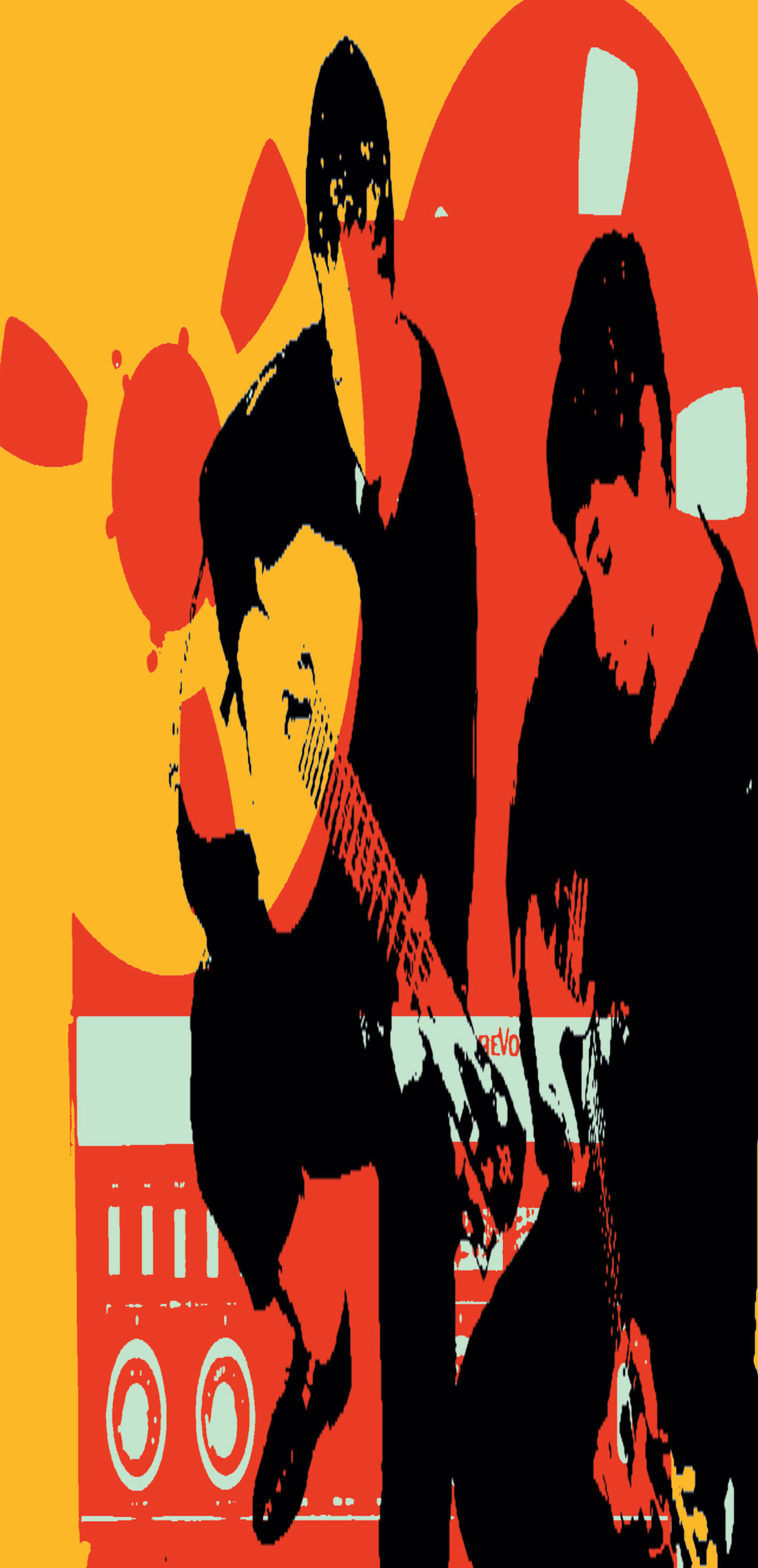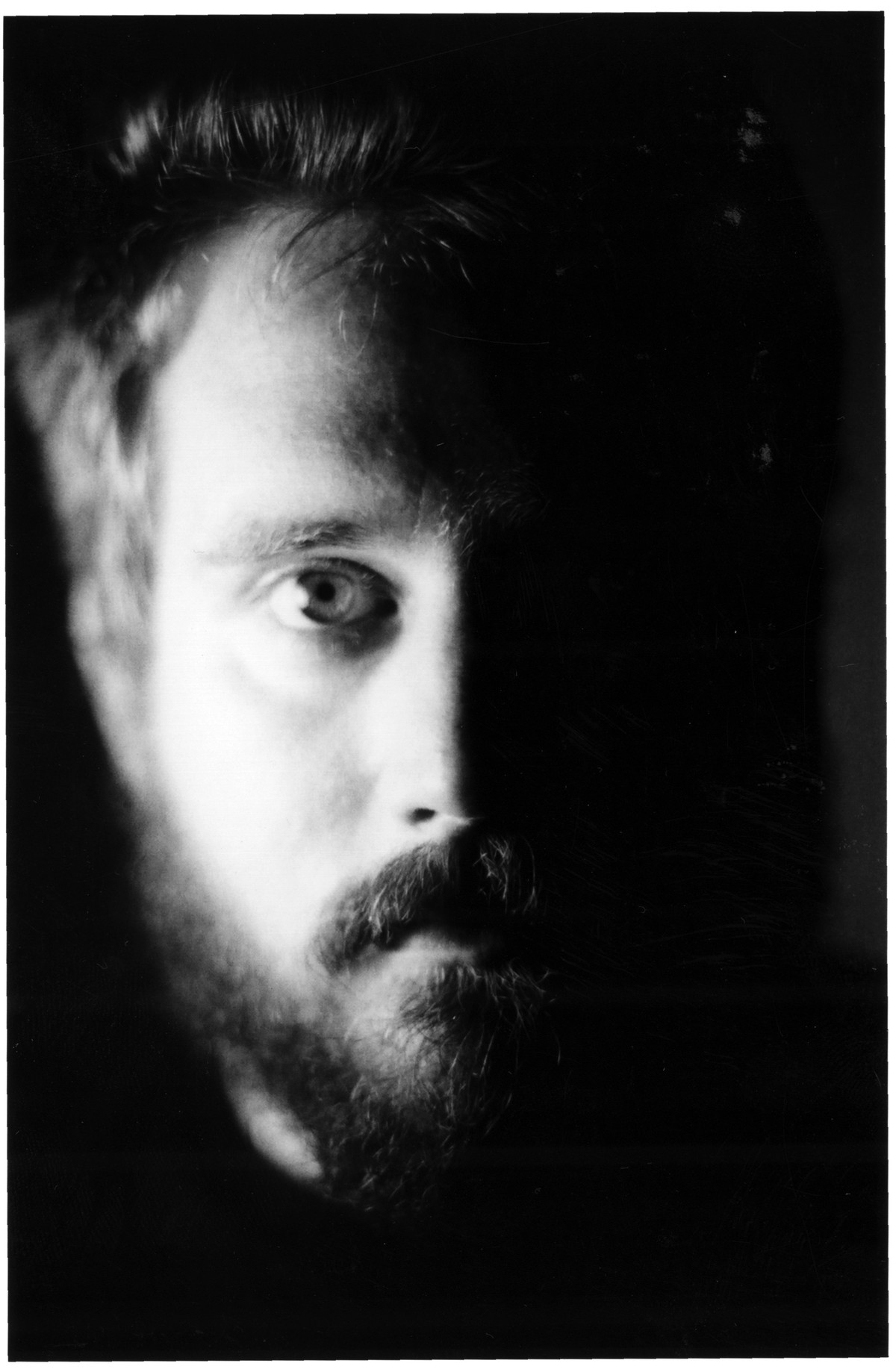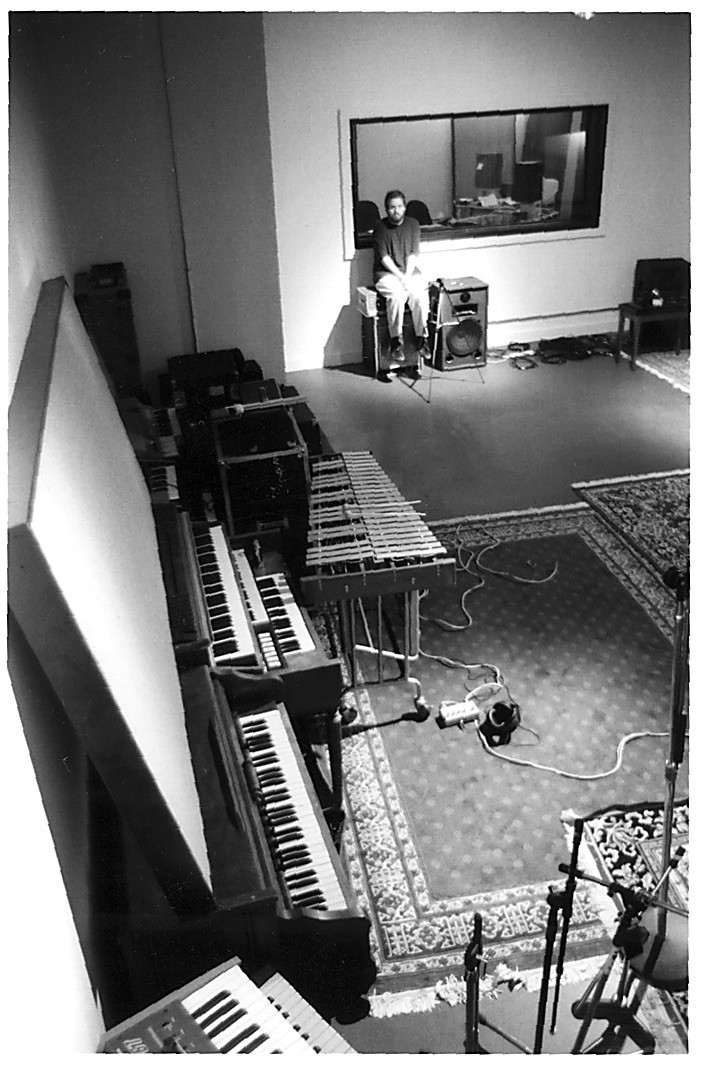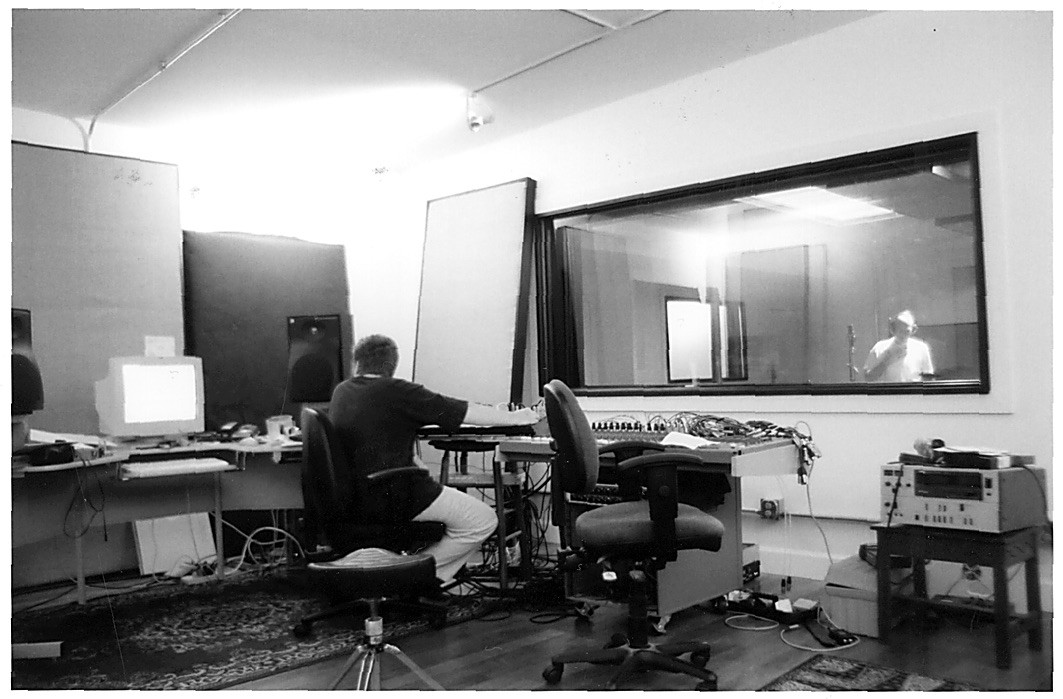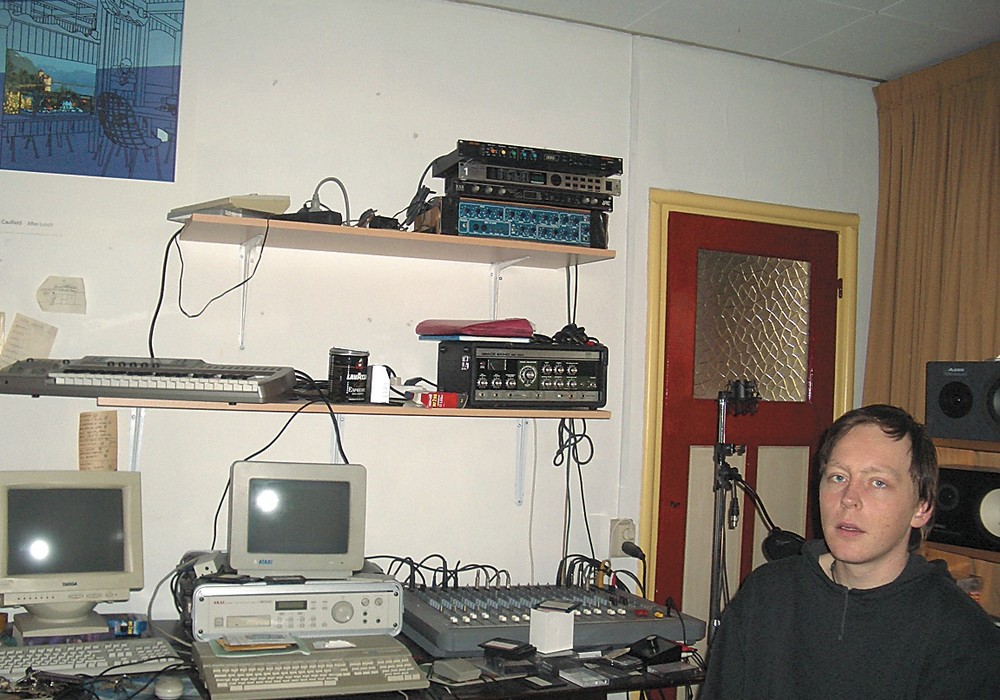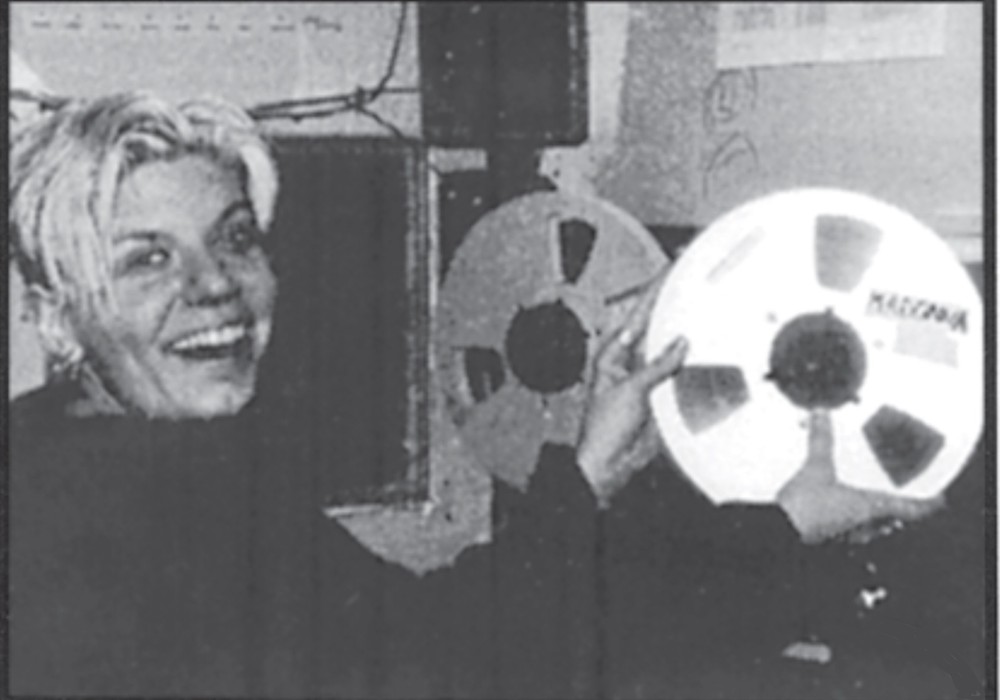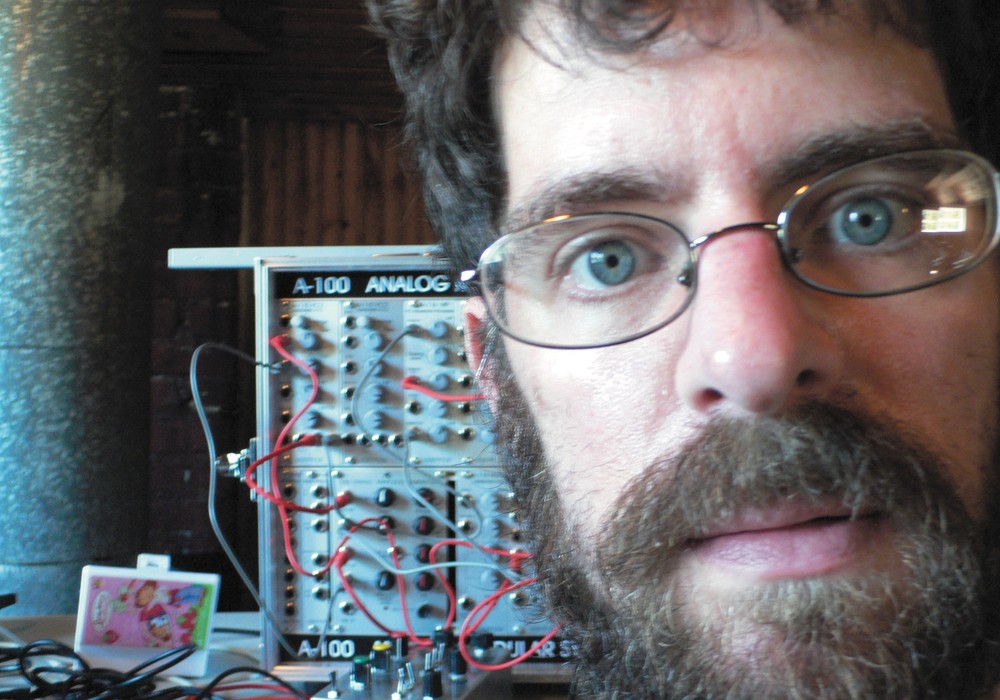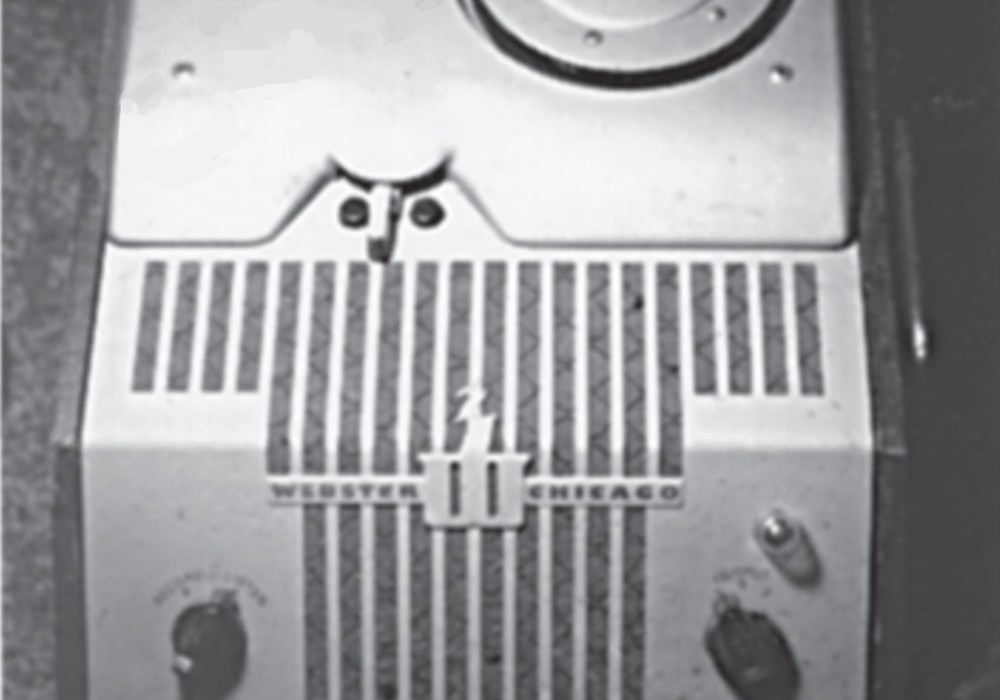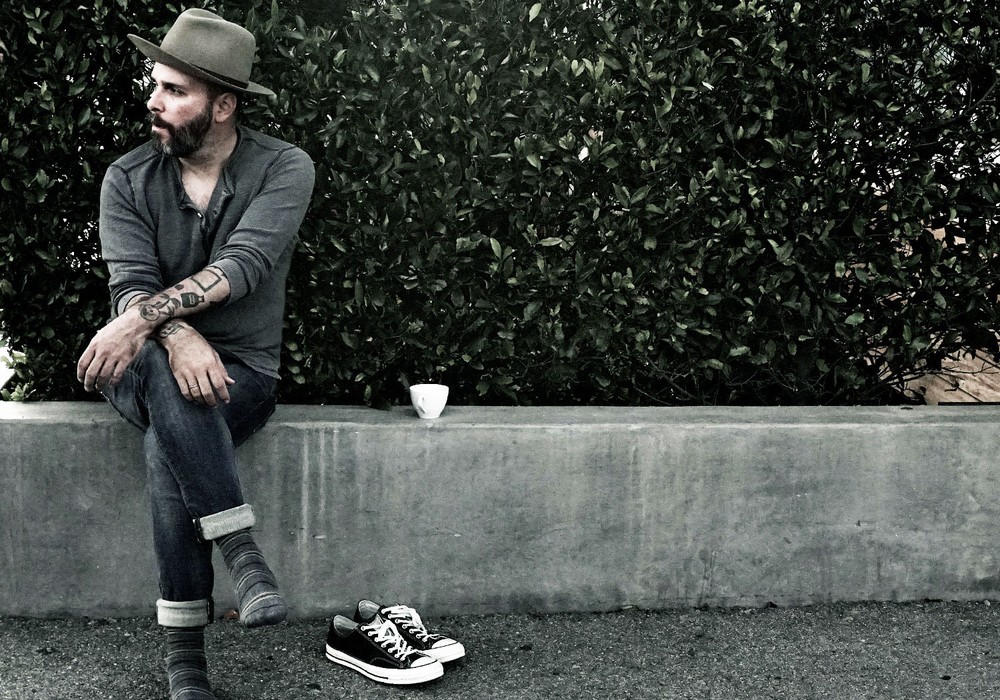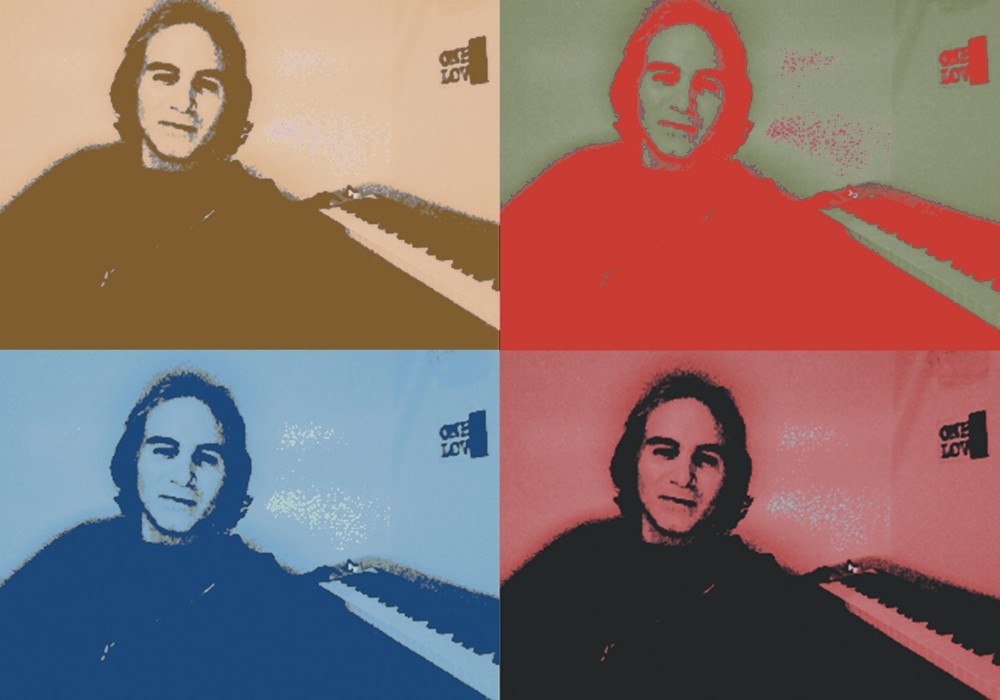Almost everything of note that's come out of San Diego for the last few years has the name "Rafter Roberts" on it somewhere. Besides being the local master of mastering, Roberts has also been recording and producing several recent projects by the Black Heart Procession, Soul Junk, The Album Leaf, Kill Me Tomorrow and Go Go Go Airheart, building a new studio and making music for commercials (through Singing Serpent) to fund his labors of love. I got to talk to Rafter in the almost-completed studio about some of what he's done and about what's to come for him and for recording music in general.
So you don't just record bands and that kind of thing here. You also make music for commercials, right? What's that all about?
Tapping into making silly money for doing commercials is such a weird thing, and so many people hate working at shitty jobs, but if you know that you're a talented musician you can make ridiculous music and get paid for it. Independent rock won't pay the rent for a place like this — We have eight employees right now, and payroll is staggering every month. Add rent and utilities and we're about $100,000 in debt, so we do scoring and sound design for commercials. I don't know what would be a tasteful way to solicit people in underground music who can produce. Todd Trainer from Shellac does stuff for us. There's Rob Crow, Araby Harrison, Jimmy LaValle, Sufjan Stevens. They're all amazing and I'd like to increase the stable of talented composers in the independent music world for this kind of thing.
What would the requirements be?
They would have to be able to write, record and produce professional sounding work on their own with quick turn-around and fire it off as MP3s.
So how did you get started doing this?
With Glen Galloway, from Soul Junk and Truman's Water. He's co-owner of the business here as well. We started working on the record of his, 1956, and we worked on that record for six months every day. Every day of the week we'd do a few hours on it. We just enjoyed working together and that was his day job, making music for commercials, and he had started using me to do that, so instead of charging $15 and hour I'd charge $50 an hour to these ad people. I was just laughing my butt off because it was so silly. I was just having fun making music and getting paid $50 an hour and that's just ludicrous. So we finished the record and kept on doing that stuff and the company he was working for was going to close so we decided to start a company of our own and we did. We needed to find a place where we could build a studio and have offices and whatnot.
What's the name of the studio? Is it going to be called Singing Serpent as well?
I don't know.
The Burning Bunker?
[laughter] The Flaming Hole? I don't know. I'm hesitant to name it. It seems like it would be cheesy. You give anything a name it's like, "This studio's called the this-that," you know?
Just makes it easier to refer to something, I suppose. Who put the flames on it?
The bikers that had it before we did. They were a custom Harley Davidson shop and the reason we got the place is because they all got thrown in jail. I think they were using it as a meth lab.
I heard about that. I heard it was also once an illegal telemarketing sweatshop.
Really? Yeah, you know it was set up for a hundred phones or something when we got here. It was a crackhouse for many years too. The windows were all broken and people would crawl in through the windows.
Some special features of the place? You've got a lot of things going on that most people don't do.
A lot of what exists and will exist in the studio will be a result of a dialogue between Bill Skibbe, myself and my brother, Jan. Bill helped design and build Steve Albini's studio [Electrical Audio] in Chicago and worked there for a long time. He also helped build John McEntire's studio, Soma, and he's working on his own now. He came here for a week and we looked at this empty shell and just figured out the best way we could make the space work. It was really good. We drew up a bunch of plans and wrote down the ideas and my brother came down from Northern California and has taken three or four months off of his job...
